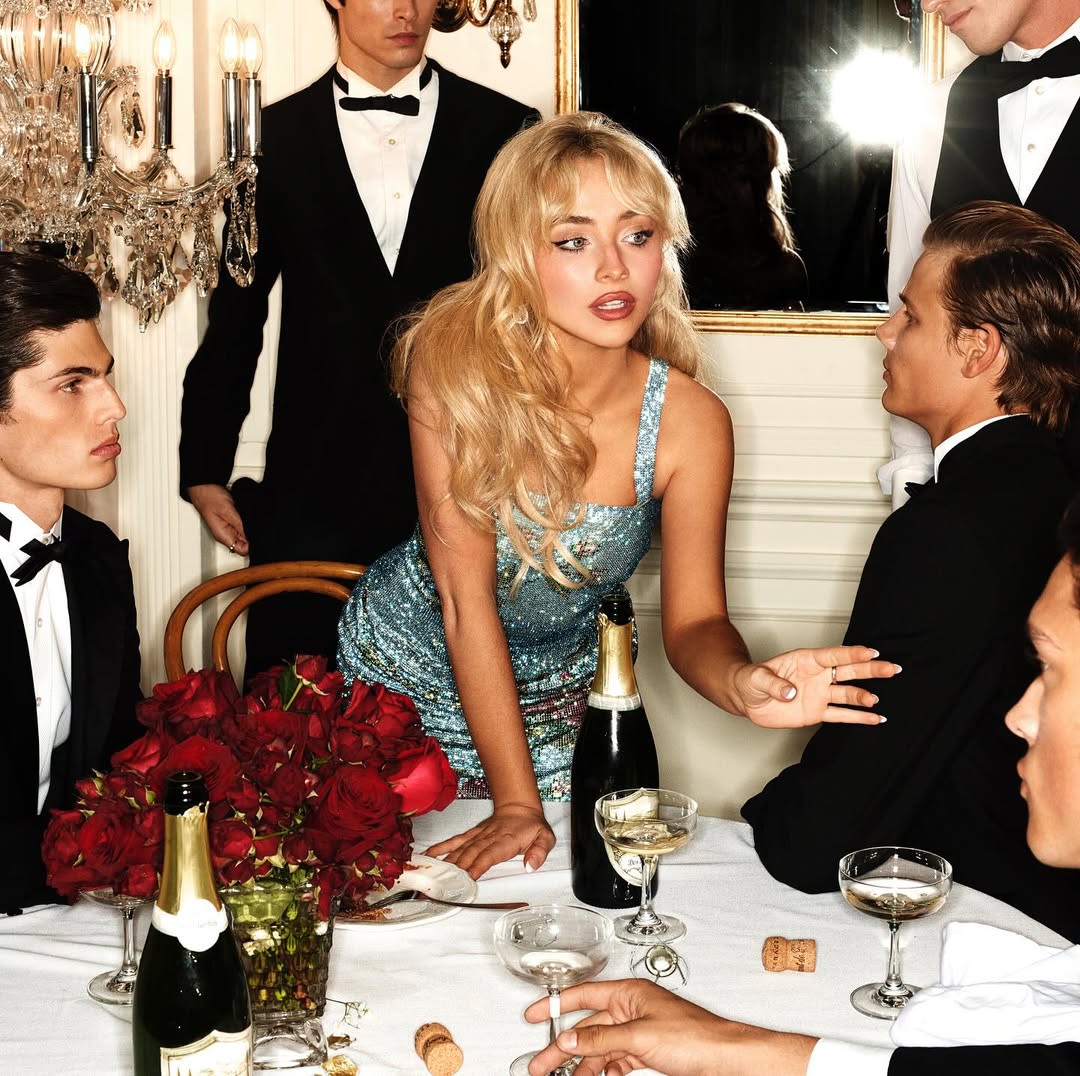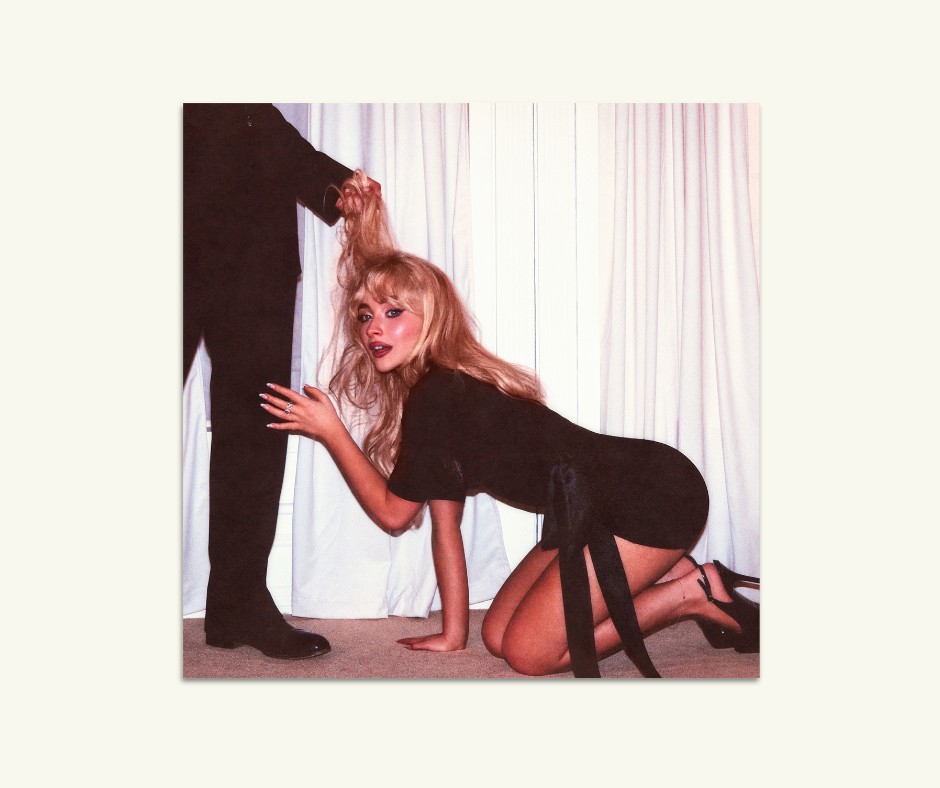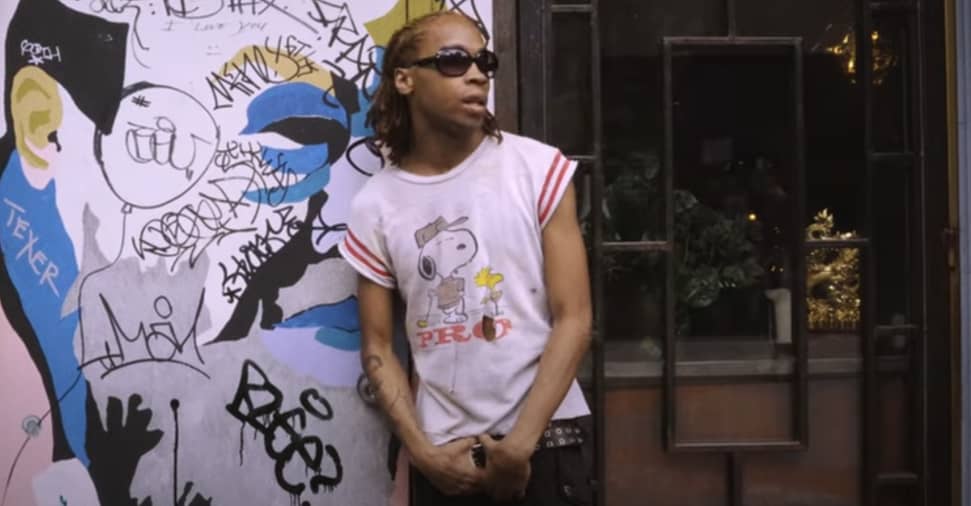Man’s Best Friend worth all the noise?”>
At long last, Sabrina Carpenter’s Man’s Best Friend is here. Coming almost exactly one year after Short n’ Sweet, the singer’s seventh studio album has shaped up to be a pivotal release for the singer. A surprisingly controversial promotional cycle tied to its album cover, and its attempt to build off the career-upending impact of her previous record have made its 12 songs feel especially weighty: do they live up to the promise or the hype? What does it reveal about Carpenter in 2025?
These were the questions that swirled through our heads as we dug into its 12 songs Friday morning before tasking ourselves to have a probably premature, candid conversation about the album. Ahead, editors Steffanee Wang, David Renshaw, and intern Nora Wang trade thoughts about the impact of the news cycle, Carpenter’s trajectory as a pop star, its standout moments (and misses), and how this project might ultimately hold up in her catalog.
Steffanee Wang: I’ll start off by saying what a bummer it is that this album suffered the ire of the internet. Not because of the annoying news cycle it created but because it built this album up to be this big thing when actually it is just your run-of-the-mill, kinda cheeky radio pop, which is fine. But the backlash had Sabrina Carpenter running to outlets drumming the music up as “not for pearl clutchers,” and girl, where? I know I was scrolling through Genius desperately trying to find the egregious NSFW and TMI lyrics and the closest I could get was, “tears running down my thigh” from “Tears,” which, I think comparatively, the concept of “you’ll have to taste me while he’s kissing you” from Short n’ Sweet is objectively more wild and gross. The music is fine, if a bit generic Sabrina, but my first impression was definitely tanked due to higher expectations (of it being good or bad) because of the scandal.
Nora and David, how did the news cycle impact your first listen of the record?
Nora Wang: With all the buildup, I thought it would be more risky than it was. The lyrics didn’t feel as fun as some on Short n’ Sweet, and the project sees Carpenter continue with a lot of the conventions that have worked for her in the past. In general, female pop stars are under a lot of pressure to constantly reinvent themselves, and I wonder if that’s part of the reason why people pushed back so much. As other artists feed into the idea of needing to develop distinct eras, audiences might be less excited to see someone like Sabrina repeat what’s worked for them.
David Renshaw: I think the reason Short n’ Sweet worked so well was that the innuendos, though not subtle, felt like hidden gems in a shinier, more Disneyfied package. That sense of smuggling a little something stronger into the mix has gone now, and that was always unavoidable. It was inevitable that Man’s Best Friend would struggle to make the same impact because the formula is now established. That’s kind of how I viewed the backlash to the artwork, less moral outrage at an image and more a sense of, “We see what you’re doing now.” It’s hard to shock people long-term.
Does this album do anything different to the Short n’ Sweet formula that represents a notable step forwards?
Steffanee: One of the only things that piqued my curiosity while I was listening was just how strong the twang in her voice is. Has she always had such a prominent accent? It really came out on the more country-leaning tracks like “Sugar Talking” and “Go Go Juice,” which were the more interesting songs on the record for me. I see a world where Sabrina could go more folksy and that could be a path of growth for her as an artist, but she might need to ditch Jack Antonoff first.
Nora: To me, the production sounds quite different from the tracks on Short n’ Sweet. While still pop, it mixes in disco, country, and R&B, which helps differentiate it from the previous project. The lyrics also seem much more derived from a “chronically online” place. “Espresso” had lines that felt really clever and weird, and while the same attitude carries over to Man’s Best Friend, the lyric from this album that everyone’s definitely going to be talking about is “tears run down my thighs,” which is clearly drawn from the online sphere. I like the idea of her going a more folksy route in the future, Steffanee.
Steffanee: Petition for Sabrina’s country album era. She can title it Oven.
David: People would think she’s pregnant.
I viewed the backlash to the artwork, less moral outrage at an image and more a sense of, “We see what you’re doing now.” It’s hard to shock people long-term. —David Renshaw
Nora: That brings me to my question. Debates around how female pop stars own and express their sexuality are not new. In the case of this album, the backlash was intense and then seemed to die down. A lot of people were talking about Sydney Sweeney at the same time, and, along with the current political climate, do you think the timing of the Man’s Best Friend album cover release had a large impact on the controversy surrounding it? Or was the backlash inevitable?
Steffanee: It does seem like the culture at large has entered a weird period of prudishness that’s built on faux ideas of progressiveness and “feminism” to ultimately police how women behave. Our latest GEN F star, ADÉLA, actually had something interesting to say about this when she described the pushback as an overcorrection: “the male gaze is bad, so now all sexuality is bad.”
I think the overwhelming cultural success, and maybe even oversaturation, of female pop stars at the moment also has something to do with it. Right now, they’re in this tricky place where they are such arbiters of mainstream ideas and trends today, that the audiences they’ve built have placed them on extremely high moral and ethical pedestals — because when’s the last time in history we’ve had so many young women have such profound influence? If it came out at any other time period, Sabrina’s album cover would’ve been a non-story, and possibly could’ve been celebrated.
Nora: A lot of people defending Sabrina were arguing that the album would be extremely satirical and make a clear statement about the patriarchy. After listening, everything points to the fact that it was made to be mostly humorous. There isn’t the deep message that many were expecting, and that’s that. Sabrina’s singing about toxic relationships and sex as artists have always done before.
David: Why do we think Sabrina specifically gets backlash for singing about sex in a way her peers maybe don’t?
Steffanee: Is it as simple as that she’s publicly accepted “sex” as part of her brand as a “short and horny” gal? I think about other recent pop stars who have released explicit songs, like Ariana Grande, but I don’t think they’ve ever explicitly labeled themselves a “horny” singer, but correct me if I’m wrong. Their brands, it seems, were always just writing about being a woman, which sex is naturally a part of.
In that way, maybe Sabrina did set herself up for the eventual audience flip. Which goes back to, David, your original point that the schtick is getting old. That being said, if she wants to keep making mid horny music, who are we to condemn her for it?
David: That’s the thing: I’m not sure I agree that the album is mid. “My Man on Willpower” and “Never Getting Laid” are early stand outs for me and “Go Go Juice” feels like a far subtler (and more effective) approach at “going country” than a lot of other pop stars have managed in the last few years. It’s definitely more of the same, perhaps to be expected arriving little over one year after Short n’ Sweet, but there is a lot to enjoy. I found that the big songs off the last album needed time to really get into my head but the melodies here are strong and there is enough wit to make things stick. I appreciate that a huge pop star is writing lyrics as unusual as “I just hope you get agoraphobia someday” to their ex.
Is there a song that stands out to you, Nora?
 Man’s Best Friend worth all the noise?”>
Man’s Best Friend worth all the noise?”>
Sabrina Carpenter
Nora: “When Did You Get Hot?” is a standout. The melody and production complement each other well, and I enjoyed the moment when Sabrina playfully breaks the fourth wall. The chromatic scales throughout the track give it a sound perfect for the end credits of a mystery film.
Steffanee: “When Did You Get Hot?” also left an impression on me. I liked the almost New Jack Swing sound she was going for. It might be the most sleekly produced track on the record.
Nora and David, how do you think this album will hold up in Sabrina’s career and catalog?
David: I think career wise it ticks a lot of boxes: it doubles down on her persona and identity while feeding fans a bunch of new material at a time when disappearing for even a year is a risk. If Short n’ Sweet was a platform to build on then Man’s Best Friend feels more like a summit to leap from. A few changes in the formula will be needed in the future, but for now it keeps the show on the road.
Nora: The album was enjoyable and cemented her image, but might be viewed as an in-between step in her career. In hindsight, this project could be seen as the first hint at her future sound, whether she makes a bigger commitment to the country, works with production that sounds like “When Did You Get Hot?” or goes full-circle back to undiluted pop.





